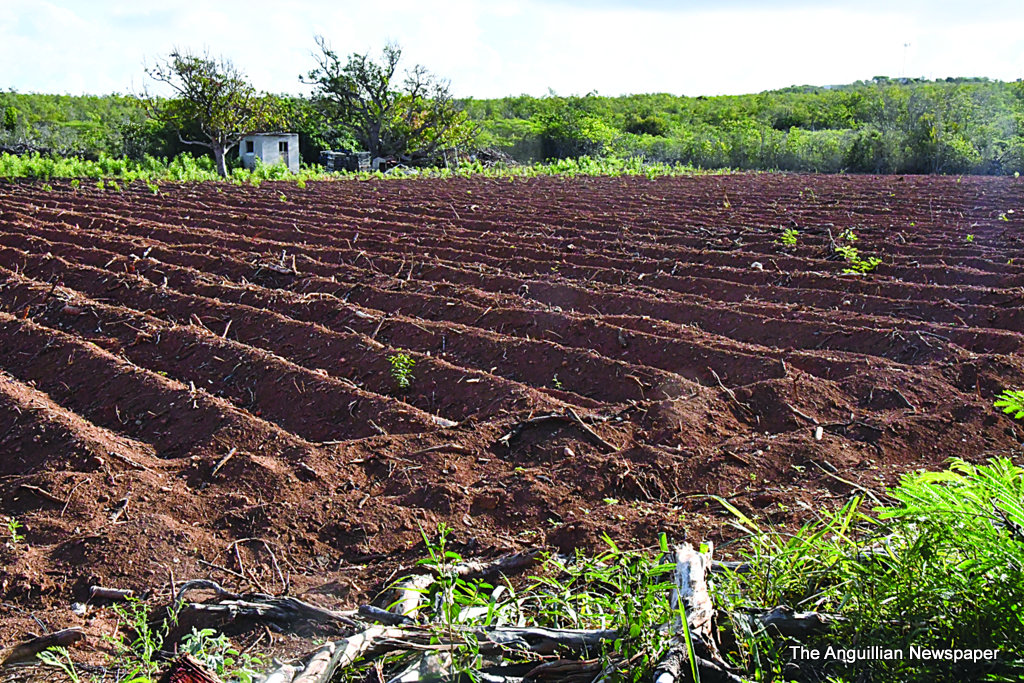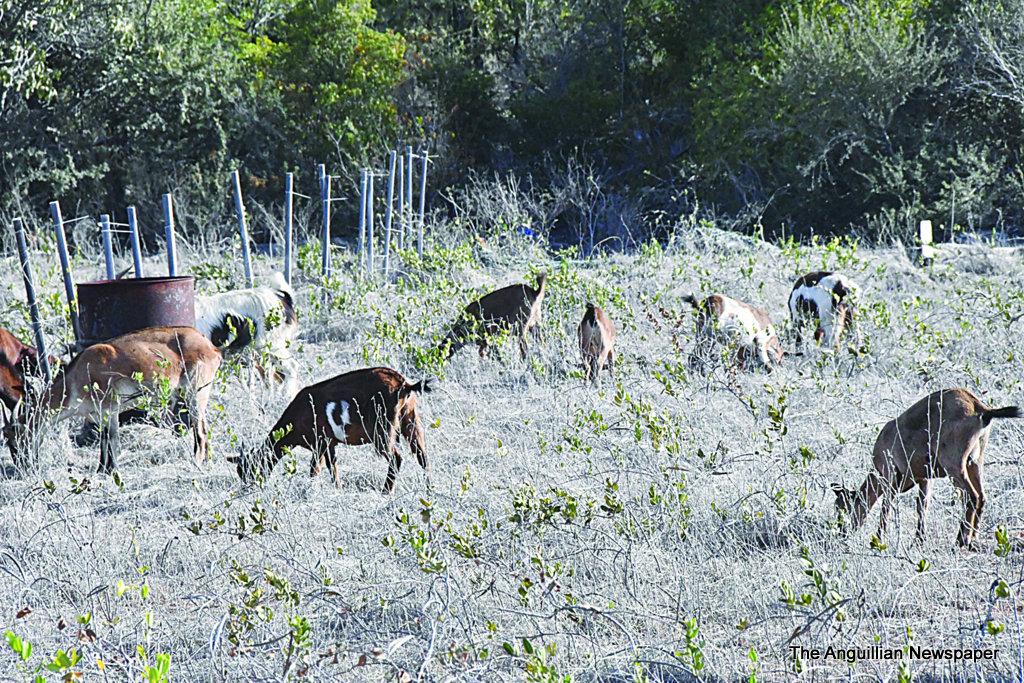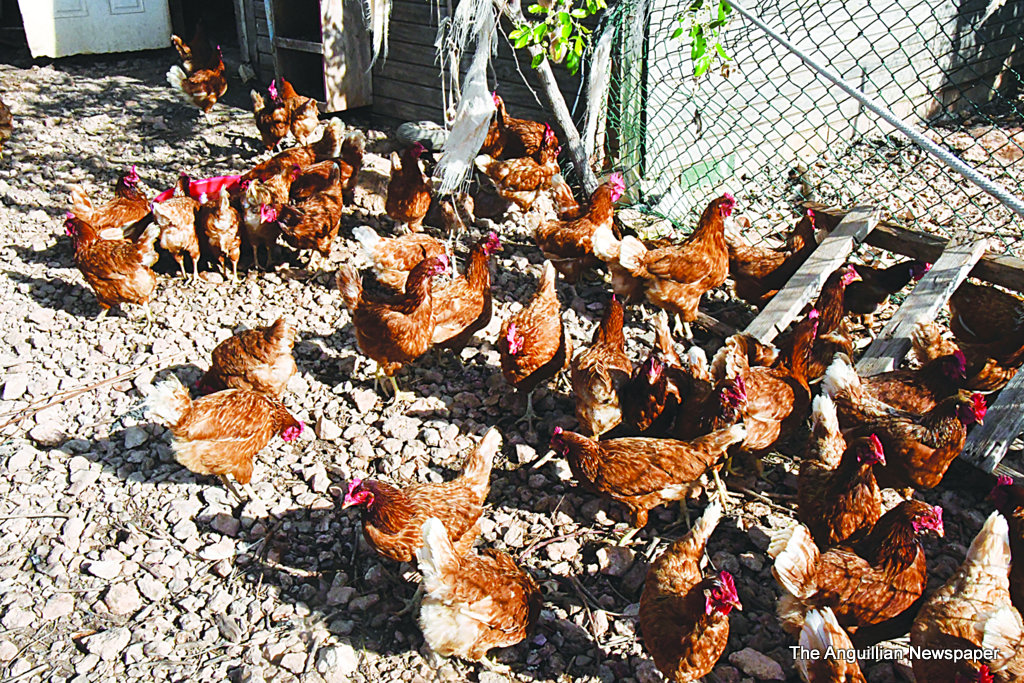The month of September, with its sometimes early stormy weather, has long been regarded as a main part of the rainy season in Anguilla.
So far, this month, September, started out with a few threatening weather systems racing off the African coast across the tropical Atlantic, towards the Leeward Islands. But, thankfully, they veered off to other locations – for the most part out to sea.
The hope everybody in Anguilla has – is that no hurricanes come our way for the remainder of the season; and, if the choice is really ours, we would wish to see heavy downpours of rain on our scorched landscape. There has been a prolonged drought on the island – with only occasional intermittent drizzles quickly lapped up by the searing heat of the sun.
The result is that a number of the island’s wetlands, including ponds, are either drying up or have already dried up. This has severely interrupted the habitats of various species of birds either on the island or migrating here.
Farming in Anguilla is taking a big blow, with large and small plots of land already ploughed and waiting to be cultivated. But a number of persons, following the rainy patterns – not withstanding climate change and other negative impacts, remain hopeful of some encouraging rainfall later on.
Luckily for consumers, the Anguilla Water Corporation provides a supply of running water but, with rising fees, this is becoming an expensive commodity. The growing number of water trucks also supply ‘trips’ of water across the island, but this service does not come cheap either. Further, farmers cannot afford irrigation because, although they were granted specially-reduced rates by the Government, those rates have now been increased.
For now, many persons are satisfying their diets with imported ground provisions from neighbouring islands, and the varying produce is being sold at various supermarkets and street intersections.
Due to lack of rain, farming in Anguilla is becoming diversified with a number of persons embarking on alternative methods – poultry farming being one example. The only drawbacks, of course, are the costly imports of feeding pellets and crushed corn. But Anguillians are a resilient people and are finding various means of survival.











